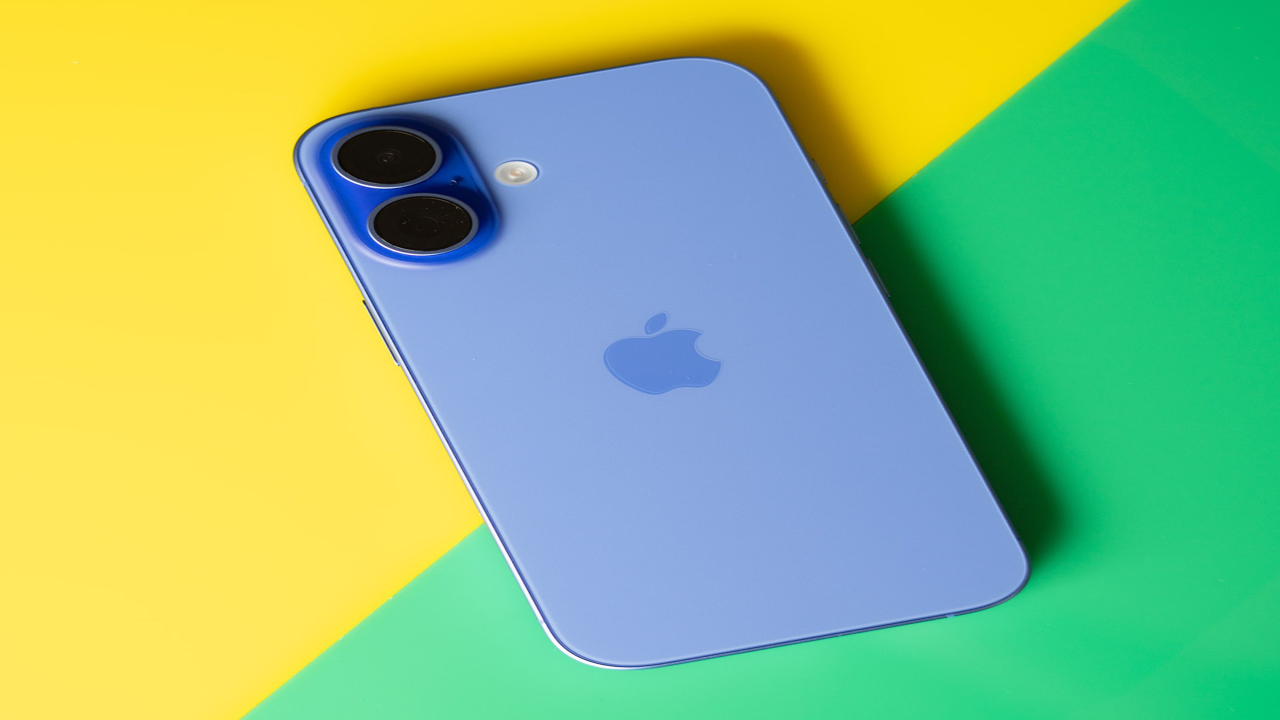Embracing the Future: Fitbit's Transition to a Mobile-Centric Ecosystem
Discover the strategic shift as Fitbit consolidates its focus on mobile apps, leaving the web dashboard behind. Explore the reasons behind this transition and how it aims to provide users with enhanced insights and a more robust health and wellness experience.

In a pivotal move that signals the evolving landscape of fitness technology, Fitbit has announced the impending shutdown of its web-based dashboard, solidifying its commitment to a mobile-centric ecosystem. Set to take effect in July 2024, this decision reflects the company's strategic vision to streamline its offerings and deliver an even more user-centric experience.
The fitbit.com web dashboard, which has served as the primary hub for Fitbit users to interact with their data and insights, will no longer be accessible after July 8th. This consolidation is part of Fitbit's broader efforts to "focus on features that provide even more valuable insights to our users," as the company eloquently articulates.
Embracing the Mobile Revolution
The Fitbit mobile app, which underwent a significant redesign last fall, is poised to become the primary platform for Fitbit users to manage their health and wellness data. By shifting its focus entirely to the mobile experience, Fitbit aims to leverage the ubiquity and versatility of smartphones, ensuring users can seamlessly access their Fitbit insights anytime, anywhere.
This strategic move aligns with the broader trends in the fitness technology industry, where mobile devices have become the preferred medium for tracking, monitoring, and engaging with health-related activities. The Fitbit mobile app now boasts a robust suite of features, including the ability to log activities, nutrition, sleep, and weight, providing users with a comprehensive and intuitive platform to manage their wellness goals.
Driving Innovation and Insights
In addition to consolidating its efforts on the mobile app, Fitbit is also exploring new avenues for innovation, such as the upcoming Fitbit Labs, which will leverage large language models (LLMs) to deliver even more valuable insights to users. By embracing emerging technologies, Fitbit aims to provide its community with cutting-edge tools and features that elevate their health and wellness experience.
The shift away from the web dashboard also allows Fitbit to focus its resources and development efforts on enhancing the mobile app experience. This includes introducing new functionalities, improving data visualizations, and integrating seamlessly with other health and fitness apps, ensuring Fitbit remains a comprehensive and indispensable platform for its users.
Adapting to the Changing Landscape
The decision to retire the Fitbit web dashboard is not entirely surprising, as the platform has not seen significant updates in recent years. The web-based approach, which was more prevalent during the earlier days of fitness tracking, has gradually given way to a mobile-first strategy as smartphones have become ubiquitous and users demand a more convenient and accessible way to manage their health data.
By transitioning to a mobile-centric ecosystem, Fitbit is positioning itself to better serve its user base and stay ahead of the curve in the rapidly evolving fitness technology landscape. This shift also aligns with Google's broader vision for the Fitbit brand, as the tech giant continues to integrate it seamlessly into its suite of products and services.
As Fitbit users bid farewell to the web dashboard, they can look forward to an enhanced mobile experience that promises to deliver even more valuable insights and features to support their health and wellness goals. The future of Fitbit is undoubtedly mobile-driven, and this transition represents a significant step forward in the brand's ongoing evolution.
What's Your Reaction?





















